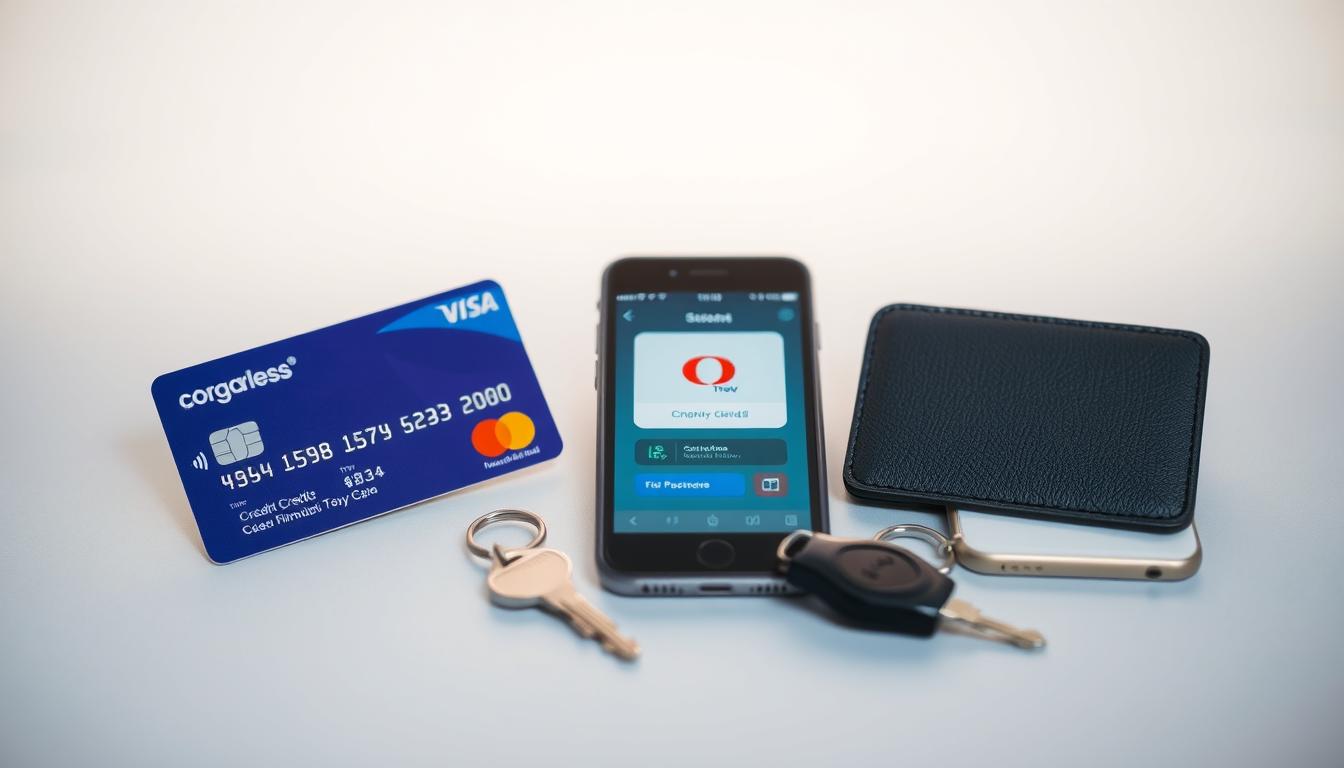Ever received a robocall offering a “free” tropical getaway? Scammers are getting creative, using fake vacation deals, urgent payment demands, and phony websites to trick excited travelers. With over $10 billion lost annually to fraud, knowing how to spot these traps is essential for protecting your plans—and your wallet.
One popular trick involves too-good-to-be-true prices on flights or hotels. You’ll see a tempting ad, click through, and suddenly face hidden fees or requests for gift card payments. Others impersonate rental car companies or tour guides, demanding deposits through shady platforms.
We’ve helped thousands navigate these risks. Legitimate businesses won’t rush you or ask for unusual payment methods. If a deal feels off, trust your gut. This guide will show you how to research bookings, verify offers, and recognize red flags before they ruin your trip.
Ready to explore confidently? Let’s dive into real-world examples and actionable tips to keep your adventures scam-free.
Overview of Common Travel Scams
Picture this: a luxurious beachfront villa for half the usual price, or a private jet package to Hawaii at bargain rates. While these offers might seem thrilling, scammers often use such fantasies to exploit eager adventurers. Let’s unpack three schemes that catch even savvy travelers off guard.
“Free” Vacations and Robocalls
That unexpected call about a “complimentary” cruise? It’s rarely free. Many require paying steep “processing fees” or purchasing overpriced add-ons. Robocalls pushing these deals are illegal in the U.S. unless you’ve given prior consent. One traveler reported being asked for $500 in gift cards to “secure” their prize—a classic red flag.
Vacation Rental and Charter Flight Frauds
Fake listings thrive on popular rental sites. Scammers hijack real property photos, then demand deposits via untraceable apps. Always verify the host’s identity and cross-check addresses. For charter flights, confirm the operator’s U.S. Department of Transportation approval. Recently, a group lost $3,000 on a “discount” private flight that never existed.
Watch for these signs:
- Pressure to pay with cryptocurrency or wire transfers
- Vague company names like “Global Travel Services LLC”
- Listings without verified reviews or contact information
We’ve seen cases where fake insurance packages or stolen permits left travelers stranded. In the next section, you’ll learn how to spot and sidestep these traps with confidence.
Effective Strategies for Avoiding Travel Scams
Have you ever clicked on a vacation deal that made your heart race? Before hitting “book,” pause. Scammers create urgency to bypass your logic. Here’s how to stay sharp without sacrificing adventure.

Dig Deeper Before You Commit
A traveler once saved $1,200 by calling a hotel directly. The “discount villa” they found online didn’t exist. Always check official websites and verified reviews. Look for physical addresses—not just PO boxes.
Use this checklist:
- Google the company name + “complaints”
- Verify licenses with tourism boards
- Compare prices across 3+ platforms
Payment Red Flags to Spot
Legitimate services won’t demand cryptocurrency or gift cards. Stick to credit cards—they offer fraud protection. Recently, a family avoided losing $850 when their bank flagged a suspicious “tour agency” charge.
| Payment Type | Risk Level | Safer Alternative |
|---|---|---|
| Wire Transfer | High | Credit Card |
| Gift Cards | Extreme | Secure Portal (HTTPS) |
| Crypto | No Recourse | PayPal Goods & Services |
Listen to That Inner Voice
When a rental host refused video calls about their “luxury cabin,” Sarah canceled. The listing disappeared days later. Small details matter—typos, blurry photos, or odd email addresses often reveal fakes.
Bookmark these tools:
- FTC Scam Alerts
- Better Business Bureau search
- Reverse image search for listings
How to Shop for Travel Securely
How do you know if that dreamy villa listing is legit? Smart booking starts with choosing trusted platforms and digging deeper than the glossy photos. Let’s explore how to lock in great deals without hidden surprises.
Direct Booking & Trusted Websites
Booking directly through a hotel or rental agency’s official website often saves money and headaches. One couple avoided $200 in third-party fees by reserving their beach condo through the property’s verified portal. Always check for:
| Booking Method | Trust Factor | Verification Step |
|---|---|---|
| Hotel Websites | High | Look for HTTPS padlock |
| Rental Platforms | Medium | Check host response rate |
| Tour Agencies | Varies | Confirm physical address |
Call the front desk or property owner to confirm your reservation details. Reputable agencies like those approved by ASTA (American Society of Travel Advisors) typically offer 24/7 support if issues arise.
Understanding Fees and Hidden Costs
That $99/night hotel deal? It might balloon to $150 after resort fees, taxes, and parking. Always ask for a full price breakdown before paying. For tours and rentals:
| Fee Type | Commonly Hidden? | How to Spot |
|---|---|---|
| Resort Fees | Yes | Check “Terms” section |
| Cleaning Charges | Sometimes | Compare listings |
| Service Fees | Often | Read checkout fine print |
Use credit cards instead of debit for bookings—they provide better fraud protection. When buying tickets for attractions or tours, verify operators through official tourism websites. A family recently saved $300 by spotting undisclosed baggage fees before booking their charter flight.
Conclusion
How do you spot a scam when excitement clouds your judgment? Remember: free vacations, fake rental listings, and “discount” charter flights top the list of traps. We’ve seen travelers lose thousands by skipping simple checks.
Always verify offers through official websites or direct calls. One couple avoided a shady timeshare deal by confirming details with their hotel. Use trusted platforms with HTTPS encryption and clear fee breakdowns. If a host pressures you to pay via gift cards or crypto, walk away.
Your instincts matter. When a vacation package feels rushed or too perfect, pause. Share this guide with others planning trips—knowledge spreads safety. For extra protection, explore travel insurance options covering fraud.
With these tips, you’re ready to explore confidently. The world’s wonders await—armed with awareness, your next journey can be both thrilling and secure.


